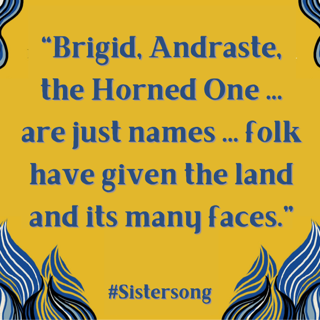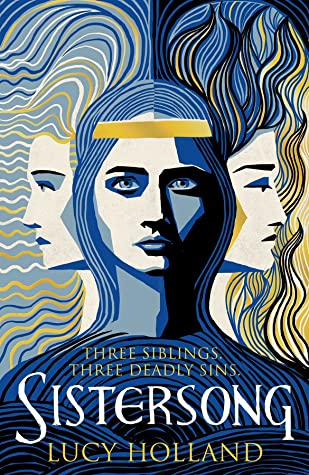Blog Tour: Sistersong (paperback) – Lucy Holland

In my current research project, I have this knack – I’m working on the Horned God in fantasy fiction, a figure that usually pops up on the sidelines or has a very limited presence, but casually browsing bookshelves in a shop or library, I’ll often pick up a random volume that catches my eye – and there he is. It’s uncanny, honestly! This was certainly the case with Sistersong. I picked the volume up on recommendation from Fabienne and because I enjoyed Lucy Holland’s previous fantasy oeuvre, the Worldmaker trilogy. I did not expect to find Cernunnos in its pages, nor did I expect that this novel would come to occupy such a central space in my research.
Sistersong weaves a sellic spell that pluck at the heartstrings and leaves the reader wondering.
RELEASE DATE: 28/04/2022
STAR RATING: 5/5✶

SUMMARY: King Cador’s children inherit a land abandoned by the Romans, torn by warring tribes. Riva can cure others, but can’t heal her own scars. Keyne battles to be seen as the king’s son, although born a daughter. And Sinne dreams of love, longing for adventure.
All three fear a life of confinement within the walls of the hold, their people’s last bastion of strength against the invading Saxons. However, change comes on the day ash falls from the sky – bringing Myrdhin, meddler and magician. The siblings discover the power that lies within them and the land. But fate also brings Tristan, a warrior whose secrets will tear them apart.
Riva, Keyne and Sinne become entangled in a web of treachery and heartbreak, and must fight to forge their own paths. It’s a story that will shape the destiny of Britain (from Pan Macmillan).
OPINIONS: First and foremost, this is an excellently researched novel. The historical details are grounded in both medieval chronicles and longstanding tradition of reimagining the Middle Ages, but Sistersong also respectfully engages with concerns of the 21st century, especially gender politics and notions of spiritual autonomy.
As for the Horned God, Cernunnos, his godhood is more literary than factual – the name survives to us in a single inscription of a Gallo-Roman devotional stele discovered in Paris (you can see it here), and archaeological evidence suggests he was a local deity subsumed into the Roman pantheon as Gaul became part of the Roman Empire. Further concrete information about how he was worshipped and by whom is lost to history, but he did find an ally in anthropologist Margaret Murray, whose ideas can be considered key for modern paganism in the West. Murray suggested that Cernunnos was one example among countless expressions of a pan-European Horned God, embodiment of male sexuality, wildness, and the natural world. This idea was taken up by fantasy authors to give Cernunnos a revived divinity. And he makes his appearance in Sistersong, along with Celtic goddesses Andraste, Brigid, and Epona.
What struck me specifically was the gods were seen as ways of understanding the natural world. It’s something I’m arguing in my thesis: pagan gods in fiction are used to bring to mind nature and our relationship with it. And Holland presents this idea is a wonderfully eloquent way: at one point in the narrative one of the protagonists discusses the nature of magic with Myrdhin/Mori, a mysterious mentor character. Mori insists that there are no gods, and that ‘Brigid, Andraste, the Horned One […] are just names […] folk have given the land and its many faces.’
Throughout the novel, humanity’s union with and attention to the land is leitmotif that defines the characters’ success or downfall – forget the land’s name and you forget yourself. Without overtly referencing the current ecological catastrophe, Holland brings to mind the importance of human compassion to our environment. I found this incredibly powerful.
Now that Sistersong is out in paperback, do give it a read yourself and delve into legends of spectral hunts, ancient monuments and the uncanny bond between three siblings.

One Comment
Pingback: